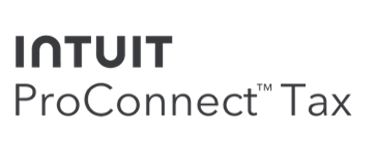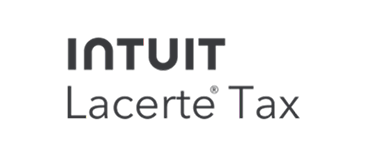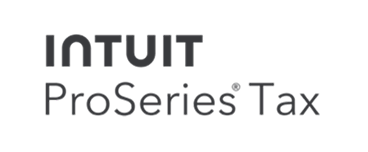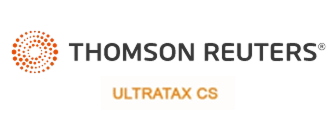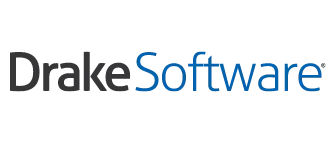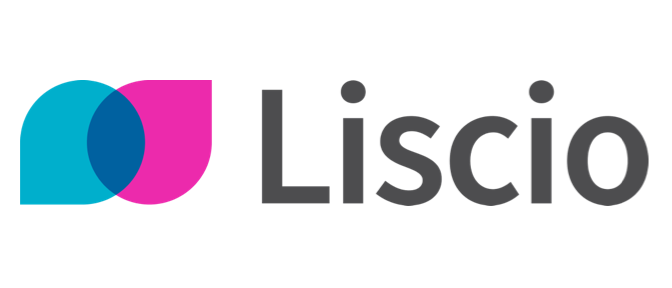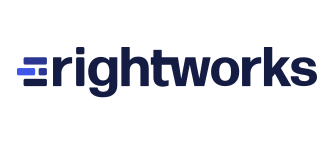
The Tax Deadline is Officially Extended. . . Now what?
US Treasury Secretary Steve Mnuchin announced today that the federal tax filing deadline has been moved from April 15 to July 15. This move will undoubtedly offer some relief to taxpayers affected by the recent COVID-19 pandemic, allowing them to focus their resources on necessities for their families and adjusting to social distancing mandates across the country.
Relief also comes to businesses as many adjust to remote work, or try to figure out creative methods of income if they have been forced to close their doors. Many accounting firms and tax preparers have been busy enabling their team members to work from home and offering alternative methods for communication with clients, like scheduling video meetings and using eSignature for engagement letters and 8878/8879 forms. So now that the deadline has been extended, what should firms focus on to ensure they can support their clients through this unusual tax season?
It’s likely that clients who expect a refund will still want to file quickly to gain access to those funds, and likely that you’ll have some clients that will make use of the extended time. Mandated social distancing will continue for an unknown amount of time, so it’s important to keep work moving for clients that need you now, while setting your firm up for future success.
- Make sure your team has the essentials for remote work. You’ll need to consider whether your team has reliable internet access, laptops/computers, can answer phones remotely, etc. Here’s a great article with tips on how to address these needs.
- Provide access to cloud-based applications your team can use from home. If your firm already uses a cloud-based tech stack, you are ahead of the curve! For those who find themselves frantically trying to provide access to team members who need to work remote, the tax season extension buys you some time to set up cloud-based applications where you can. Cloud-hosting providers can help you access your tax application remotely, and cloud-based document storage systems like SmartVault are easy to set-up and allow you to access firm and client documents over a secure, encrypted channel.
- Enable your clients to interact with you remotely. Use a video conferencing tool such as Zoom or GoToMeeting to conduct client meetings. Provide access to a client portal so documents can be securely shared between your clients and your team. Consider using eSignature for engagement letters and forms 8878 & 8879 as an efficient way to keep work moving.
- Don’t discount the impact of a streamlined workflow. While there is an urgent need to get systems in place to support remote work, choosing applications that promote a streamlined workflow will help your firm operate more efficiently now and in the future. The more your applications are integrated, the better off you’ll be. For example, SmartVault integrates with all major tax applications, offers an integrated client portal and built-in eSignature options.
The full impact of COVID-19 is yet to be realized, but it will surely impact the way we work and collaborate with teammates and clients forever. How you react and the systems you put in place now can set your firm up for success for years to come.
